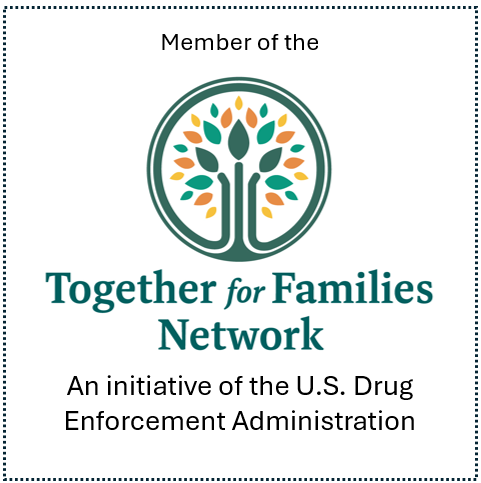Understanding Substance Use Disorder and Supporting Recovery
Ask the Experts | John George
Substance Use Disorder (SUD) is a complex illness affecting individuals from all walks of life. In my experience as a person in long-term recovery, a Licensed Master Social Worker (LMSW), and a Certified Advanced Alcohol and Drug Counselor (CAADC), I have witnessed firsthand the profound impact of SUD on individuals, families, and communities. SUD is a medical condition that is characterized by recurrent drug or alcohol use despite negative consequences, It is diagnosed based on specific criteria outlined in the Diagnostic and Statistical Manual of Mental Disorders-V (DSM-5).
According to the 2022 United States National Survey on Drug Use and Health (NSDUH): 46.8 million (16.7%) Americans (aged 12 and older) battled a substance use disorder in the past year. This highlights the urgent need for effective intervention and support. Recognizing signs such as behavior changes, mood swings, and neglect of responsibilities is crucial for early detection and treatment. Moreover, it’s essential to understand that SUD not only affects the individual but also inflicts emotional distress, relationship strain, and financial burden on friends and loved ones.
Effective communication and support play pivotal roles in navigating the challenges posed by SUD. By fostering open, nonjudgmental communication and encouraging the establishment of boundaries while providing unwavering emotional support, we can empower individuals and families to confront and overcome SUD. It’s imperative to steer clear of enabling behaviors and instead offer guidance and empowerment for sustainable change.
Thankfully, many resources and treatment options, including therapy, support groups, and medication-assisted treatment (MAT), are available to aid individuals in their recovery journey. As a dedicated professional, I collaborate closely with individuals and families to connect them with the most suitable resources and support services tailored to their unique needs.
Addressing Substance Use Disorder demands a comprehensive and compassionate approach. By deepening our understanding of substance abuse, identifying signs early on, and extending steadfast support, we can guide individuals and families toward the path of recovery and healing. If you are aware of someone grappling with SUD, educating yourself and seeking professional assistance can significantly increase their prospects for a positive outcome.
Click here to view the “Chaos to Clarity” PowerPoint presentation.
John George, LMSW, CAADC, provides an empathic and holistic approach to well-being at Clarity Counseling and Wellness, LLC. For more information, visit yourclaritycounseling.com.






